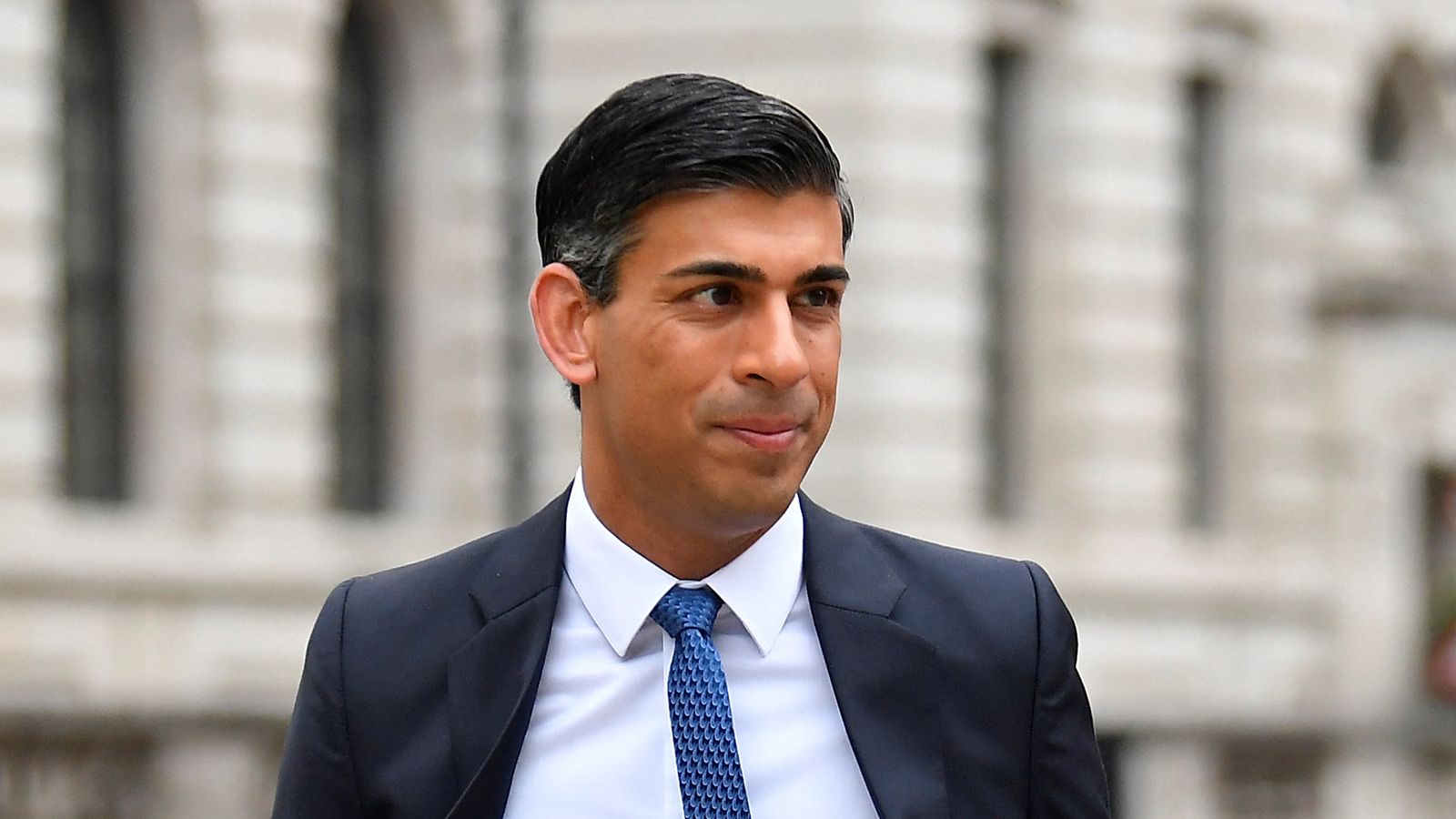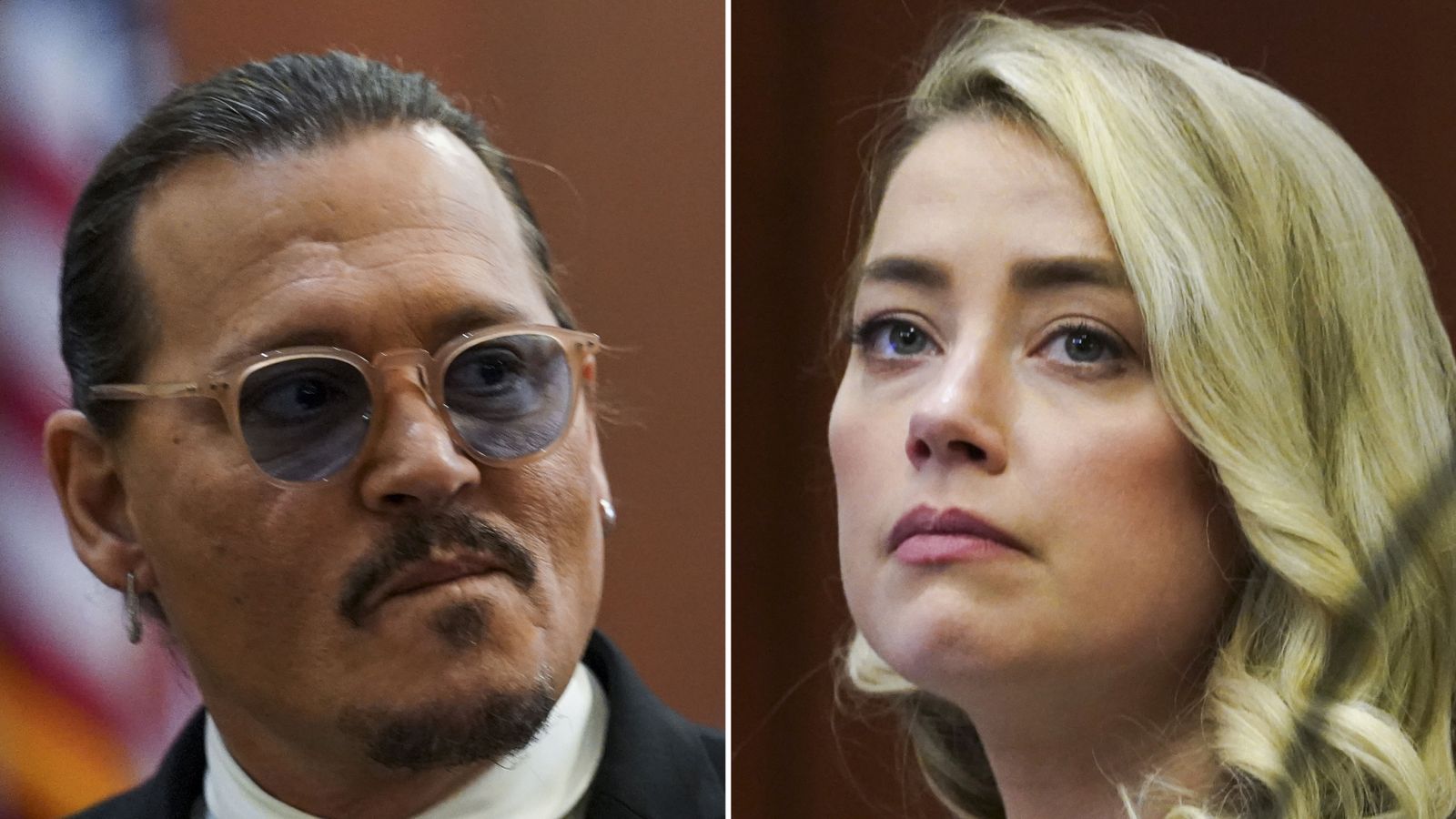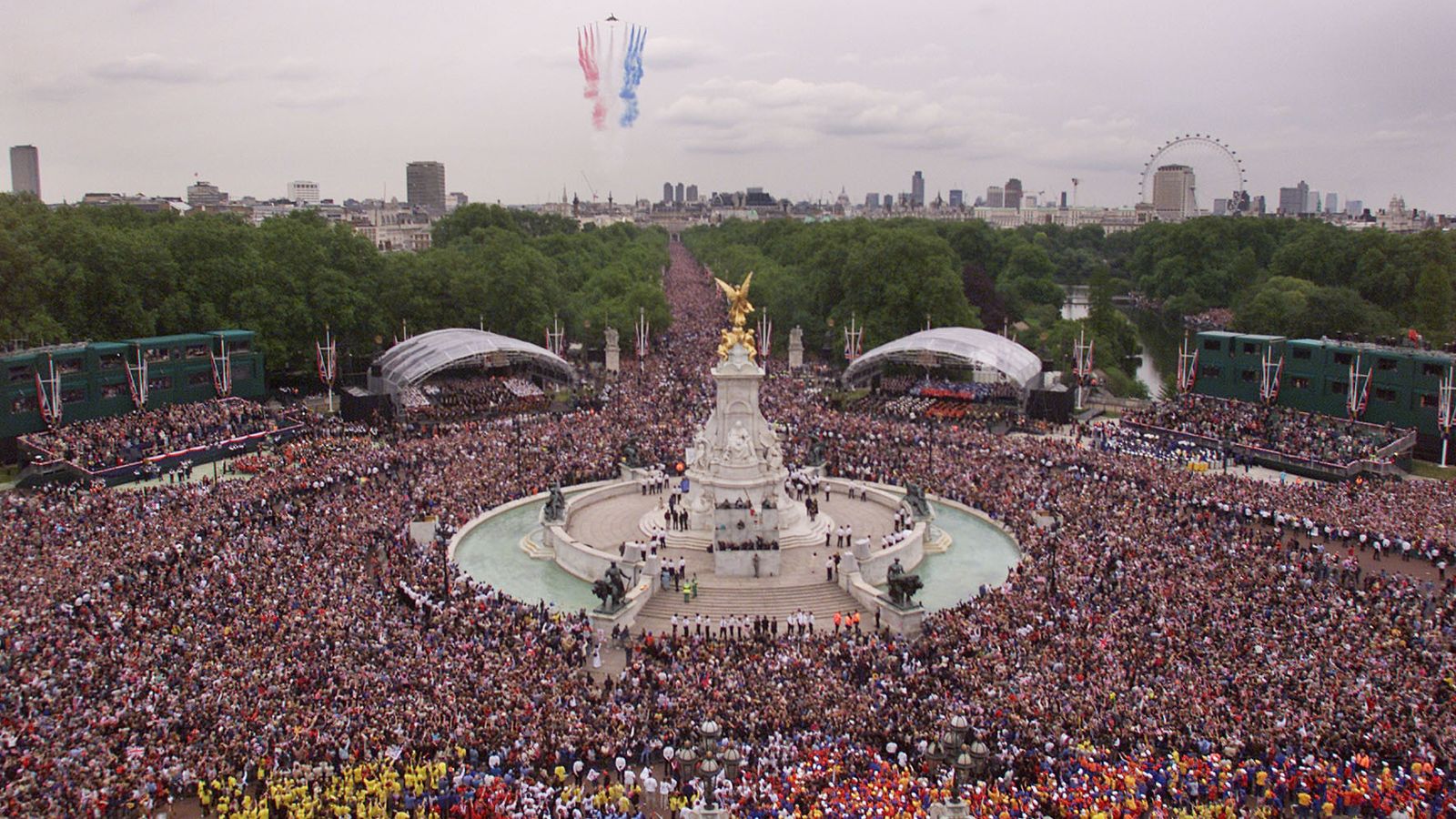Rishi Sunak has said the government’s response to the cost of living crisis will “evolve” as the situation does – but failed to outline any immediate action.
Addressing the Confederation of British Industry (CBI) in London, the chancellor admitted once more that the “next few months will be tough” and that ministers “stand ready to do more”.
But he did not acknowledge Labour’s calls for an emergency budget with new, immediate measures to help rising household costs.
Mr Sunak called on businesses to “invest, train and innovate more” to help boost productivity and improve the long-term prosperity of the UK.
Politics Hub: PM promises to look at ‘all measures’ to get people through cost of living crisis
“The country is not going to become wealthy and prosperous solely because of the things that I do,” he told the annual CBI dinner.
“Change doesn’t happen behind a desk in Whitehall. Not even the chancellor’s desk. It comes from all of you.”
Dairy prices will continue to soar due to rocketing production costs, warns Lurpak producer
Queen’s Speech passed by MPs despite calls for more action on cost of living crisis
Boris Johnson accused of dithering over windfall tax amid cost of living ‘nightmare’
Mr Sunak continued: “Our role in government is to help cut costs for families. I cannot pretend this will be easy.
“As I told the House of Commons yesterday: there is no measure that any government could take, no law we could pass, that can make these global forces disappear overnight.
“The next few months will be tough. But where we can act, we will.”
Acknowledging that tackling high inflation is “a social and moral necessity”, Mr Sunak warned that “at a time of severe supply restrictions, an unconstrained fiscal stimulus does risk making the problem worse by pushing up prices still further”.
“I have always been clear, we stand ready to do more. At the same time, we need to be careful,” he said.
Please use Chrome browser for a more accessible video player
The chancellor continued: “So, even as we protect people from the worst of the crisis, we must continue to be responsible with the public finances and get borrowing sustainably under control and debt falling.”
Mr Sunak also reiterated his pledge in the Spring Statement earlier this year that the government will cut the tax rates on business investment in the autumn.
“In other words, further government action can only take us so far. We need you. The wealth creators. The entrepreneurs. The leaders,” he said.
“We need you to invest more, train more, and innovate more.
“And as I’ve said previously, our firm plan is to reduce and reform your taxes to encourage you to do all those things.
“That is the path to higher productivity, higher living standards, and a more prosperous and secure future.”
Read more:
What is a windfall tax?
Can you really work your way through the inflation crisis?
Four simple changes to cut your energy bill
Attorney General Suella Braverman later told Sky News’ The Take with Sophy Ridge programme that she was “glad to hear” the chancellor say tax cuts will be coming.
“I can’t give you any timelines on announcements,” she said.
Labour leader Sir Keir Starmer has claimed the government was “bereft of ideas” as the nation heads towards a “stagflation crisis”.
At Wednesday’s PMQs, Sir Keir accused Boris Johnson of dithering over more help for households struggling as inflation hits a four-decade high.
Please use Chrome browser for a more accessible video player
The Labour leader, who is calling for a windfall tax on oil and gas companies to help consumers hit by soaring energy bills, said the PM “doesn’t actually understand what working families are going through”.
He suggested the government will eventually U-turn over windfall taxes and that every day he delayed doing so he was choosing “to let people struggle when they don’t need to”.
The PM hit back by saying that Labour’s plans were “always and everywhere to raise taxes on businesses”.
But he added: “Of course we will look at all the measures that we need to take to get people through to the other side but the only reason we can do that is because we took the tough decisions that were necessary during the pandemic.”
Households are currently facing rising energy bills, inflation is forecast to hit 10% and benefits and wages failing to keep up with the increase in prices.
Meanwhile, more than four in five are concerned about the rising cost of living in the coming months, according to the Ipsos poll conducted exclusively for Sky News.











